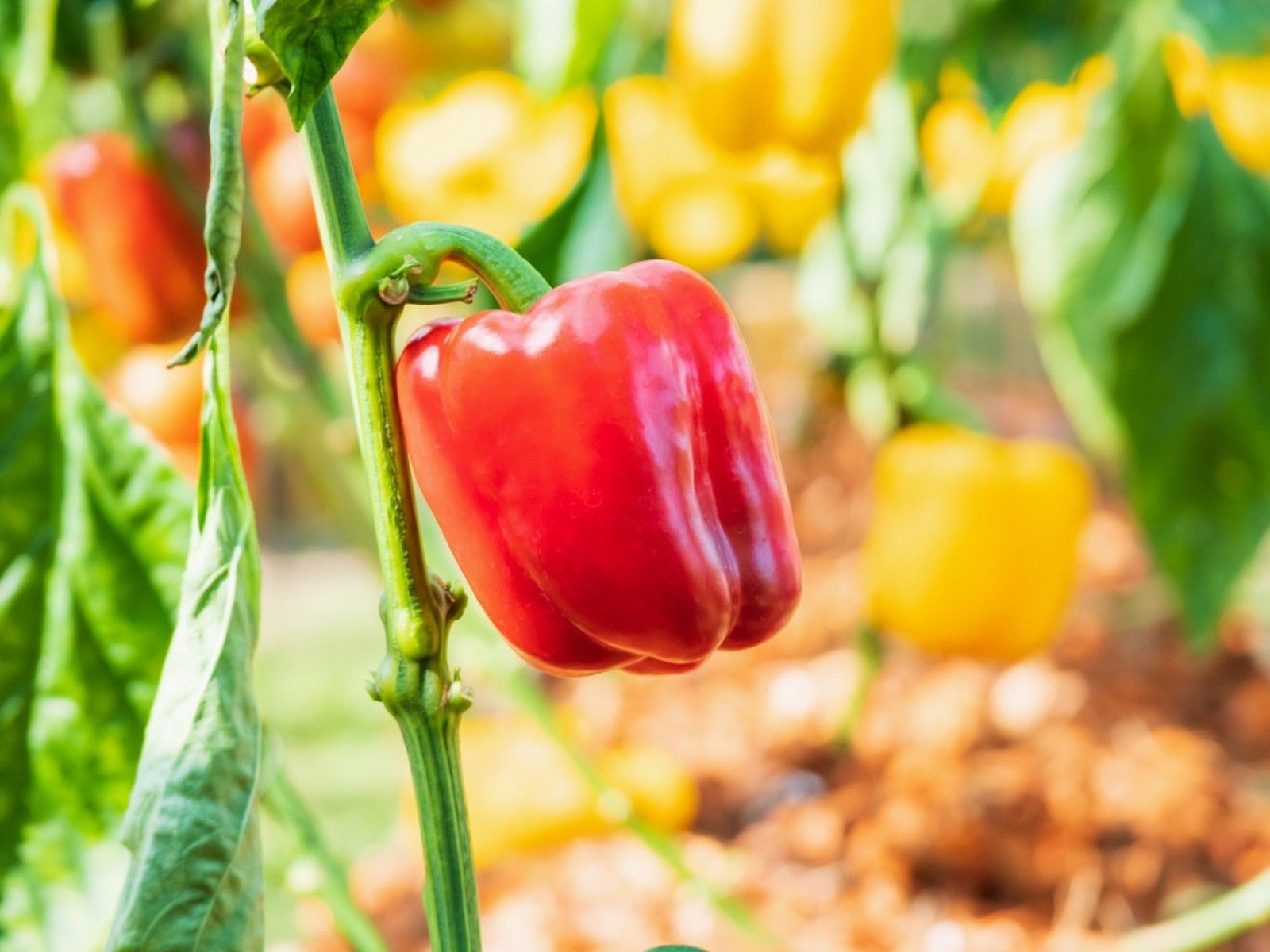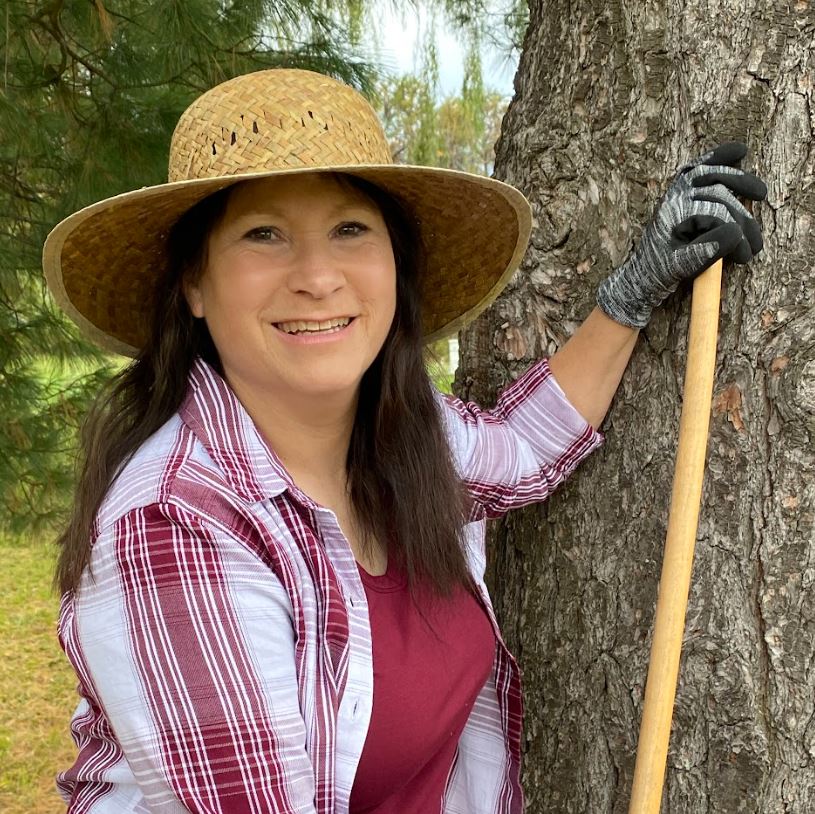How To Protect Pepper Plants From Animals


It's absolutely infuriating! Your pepper plants were growing beautifully yesterday and today they are broken, chewed or just plain missing. By far, most major damage to pepper plants occurs from insects and pests, such as cutworms, hornworms, and armyworms. But if you've ruled out these pests, you may be wondering what animals eat pepper plants?
Animals That Damage Pepper Plants
As home gardeners, we put a lot of time, effort and money into growing veggies for the dinner table. Yet, when animal pests enter our gardens, all of our hard work can disappear overnight. But before we can deter animals from the garden, we first have to identify the culprits.
Do deer eat pepper plants?
As members of the nightshade family, peppers are not one of the preferred foods of deer. However, hungry deer will eat most anything. Normally, there's plenty of desirable forage during the growing season, but a drought could attract deer to a well-watered garden.
Additionally, fawns begin grazing when they are only a few weeks old. A clipped off pepper plant could be the result of a young fawn sampling different types of plants. (Cutworms can also clip off pepper seedlings, but the upper part of the plant will be laying on the ground.)
Even though deer don't generally eat pepper plants, they can do extensive damage as they walk through the garden. They can step on seedlings as well as break large stems from full-sized pepper plants. To tell if deer have been in the garden, look for their split heart-shaped hoof prints.
Do rabbits eat pepper plants?
Like deer, rabbits tend to shy away from pepper plants, but they may sample young, newly planted pepper seedlings. They are more apt to dine on bean plants, carrot tops and lettuce leaves in the garden. Rabbits can also eat bell peppers (the fruit) and may be drawn to the sweetness as these veggies reach maturity.
You're most likely to catch wild rabbits eating pepper plants at dawn and dusk as this is their normal feeding period. Finding rabbit feces is another way to determine their presence in the garden. Rabbits produce piles of small, round droppings which vary in color from greenish brown to black.
Gardening tips, videos, info and more delivered right to your inbox!
Sign up for the Gardening Know How newsletter today and receive a free copy of our e-book "How to Grow Delicious Tomatoes".
Do gophers and groundhogs eat pepper plants?
Gophers dine on roots and can pull pepper plants down into their tunnels as they dine. Likewise, groundhogs eat about any type of vegetation, but prefer the fruits of veggie plants to the foliage. Both of these rodents can damage vegetable plants by tunneling through the garden.
How to Protect Pepper Plants from Animals
Deterrent sprays, row covers and scare tactics can provide temporary protection from animal pests. These inexpensive methods work best to protect young pepper seedlings from the nibbling mouths of rabbits and deer. They can be put into place as seedlings are transplanted in the garden and removed when pepper plants become established.
Fences, walls or high tunnels offer a more permanent solution for protecting garden plants. These structures not only deter animals from feeding on pepper plants, but prevent damage by denying animals access to the garden. Although these solutions can be a bit pricey to construct, keeping animals out of the garden and your pepper plants safe can be well worth the cost.

Laura Miller has been gardening all her life. Holding a degree in Biology, Nutrition, and Agriculture, Laura's area of expertise is vegetables, herbs, and all things edible. She lives in Ohio.
-
 Looking For Plants To Give You The Soft And Fuzzies? Try These 5 Fuzzy Leaf Plant Options
Looking For Plants To Give You The Soft And Fuzzies? Try These 5 Fuzzy Leaf Plant OptionsLovers of texture, drama, silver foliage and tactile plants will adore these special sensory garden additions. These fuzzy leaf plant options will leave you all aglow
By Susan Albert
-
 Get Ready For A Summer Of Hummers! Grow These Full Sun Hummingbird Plants and Flowers
Get Ready For A Summer Of Hummers! Grow These Full Sun Hummingbird Plants and FlowersIf you’re lucky enough to enjoy a sunny backyard, make sure you are maxing out on your pollinator opportunities and grow these full sun hummingbird plants and flowers
By Tonya Barnett